Samuel Clemens, better known by his pen name Mark Twain, entered the world on Nov. 30, 1835 with the precise arrival of Halley’s comet over the earth. Well into his adulthood Twain morbidly mused that he would die with the comet’s next visit. This fatalistic prophecy made by the literary giant, was miraculously fulfilled in 1910 departing at age 74. Seemingly predestined for greatness, the comet ignited two lifelong passions that would end up defining the man’s remarkable life; his writing and his love of smoking. In the case of Samuel Clemens these two passions were inextricably linked in symbiosis, without smoke he couldn’t write. In the fashion of America’s greatest humorist, Twain would claim he entered into the world with the words “Does anyone have a light?”.
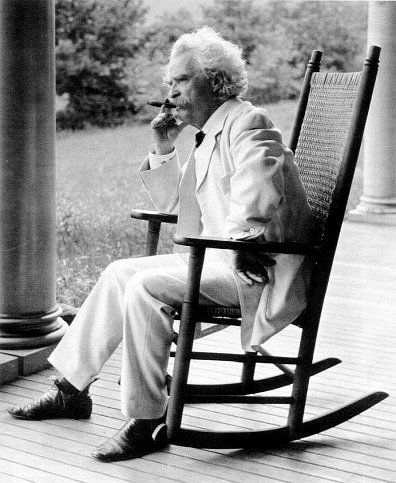
Putting the accuracy of this anecdote aside, there is no doubting the primality of the tobacco leaf to the mythology of Mark Twain. The roots of the country’s most beloved literary works of Tom Sawyer and Huckleberry Finn, can be traced to the tobacco plantations of Hannibal, Missouri. It is here on the border of the deep south, that Samuel Clemens spent his formative years on the banks of the Mississippi, forming friendships and memories that would later provide the foundation to his unique literary style. A smoker from the age of 7, his childhood would be steeped in the aroma of burning tobacco, launching a habit that would sustain itself till death, despite the constant dissuasion from family and society at large. His poorly cared for corncob pipes and countless cigars, would provide smoky witness to an illustrious life that led the man from working from a gold miner, to steamboat pilot, to journalist and publisher. His authentic literary voice, being the first to feature southern vernacular in his books and the regional experiences of the deep south, came from a sincere alignment with the American underclass.
Twain’s unabashed love of tobacco and often uncouth southern demeanor would place him on the margins of the high society that would celebrate his work, to the chagrin of his socialite wife, Olivia and wealthy New York in-laws. The writer would humorously vacillate between determined resolve to quit smoking (“After all, what does tobacco matter? Let’s have another chapter of Deuteronomy.”) and contented defeat (“Giving up smoking is the easiest thing in the world. I know because I’ve done it thousands of times”).
It was precisely his outlier status, on account of his unrepentant love of smoking that gave him a unique perspective of the highly stratified American society following the civil war. It is perhaps no surprise that the stubborn smoker was so capable of astute observations on class, race and the follies of slavery in his literature. The author would use the cigar and pipe as a powerful olfactory portal into his childhood memories. For instance, in Huckleberry Finn, Twain uses the beloved character as a conduit for his own troubles faced over smoking, with Finn’s relationship with his pious guardian, Widow Douglas. “Pretty soon I wanted to smoke and asked the widow to let me…That is just the way with some people…They get down on a thing when they don’t know nothing about it. Here she was a-bothering about Moses, which was no kin to her!”. In this dialogue, Twain appears to distill a seemingly minor but defining tension that would penetrate his personal and professional life; that of dropping smoking, (and by extension his southern identity) to accommodate the North East, avidly Presbyterian social mores. The continued tensions his smoking would bring up with his beloved life Olivia would bring Twain to conclude “I am sure it has caused us both more real suffering than would accrue from smoking a million cigars.”
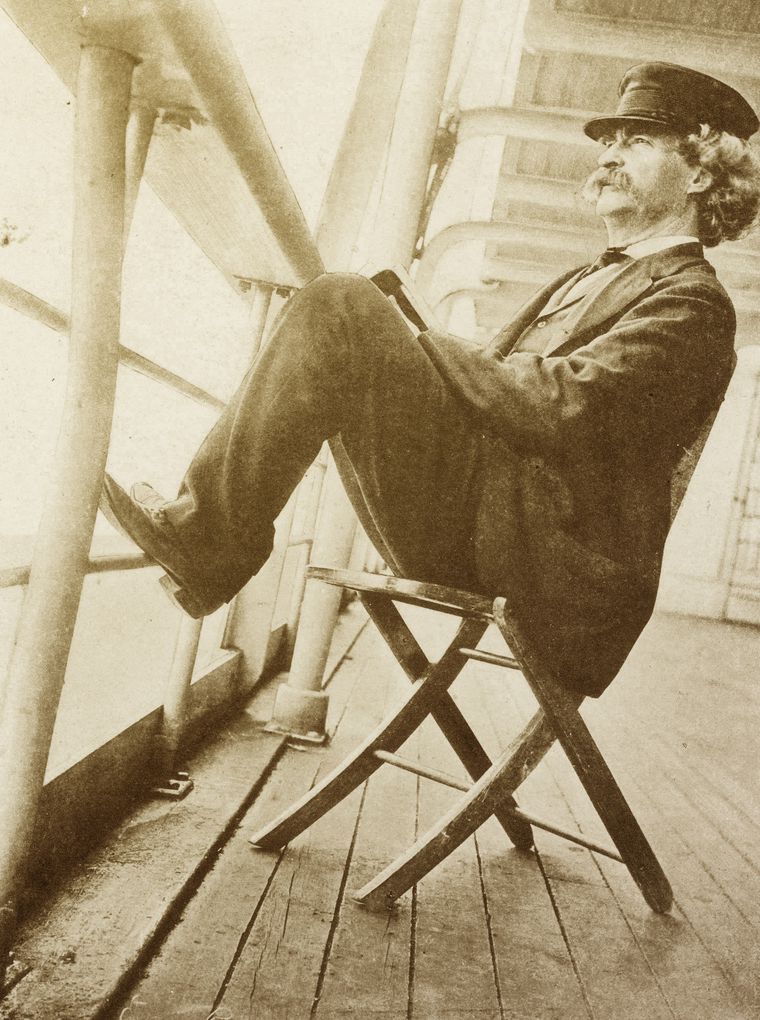
Twain’s hyperbolic “million” cigars quote should be put into perspective, as few historical figures have managed to out-smoke the man, earning the title of the “human furnace” and the “smokiest man alive” by his inner circle. The author’s philosophy would favor quantity, going on to smoke an average of 30 cigars throughout the day, with the pipe taking over in-between cigars.
Growing up in a tobacco producing region, the leaf was readily available, incredibly cheap and affordable to even the poorest strata of society. Internalizing his humble roots, Twain was un-fussy when it came to his choice of smokes, and disdainful of the premium cigar industry altogether. “I am satisfied with almost any cigar, except a Havana”. Never one to mince his words Twain was convinced that brands were largely indistinguishable, and rather that the connoisseur would “go by the brand, then imagine the flavor”. Smoking for Twain was done for the sake of smoking, the uninhibited clouds of endless smoke in his study, replicating the feverish creativity behind his writing process. An appalled New York Evening Post reporter would candidly comment on his working conditions in 1868, describing a “drum stove filled with ashes…dozens of pipes about the apartment…everywhere that room could be found”. The aghast reporter noting “there were no flies. The smoke killed them, and I am now surprised the smoke did not kill me too!”.
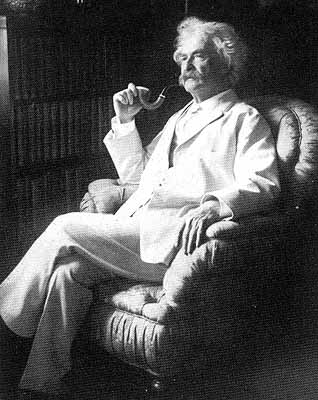
Twain’s fervent smoking acted as a reaffirmation of who he was and his personal mission for his time on earth, inextricably linked with his love of writing. For the writer, tobacco was something far beyond a commodity (or heaven forbid a luxury commodity) but represented life altogether. Cigars for the author represented the mortality of man commenting “Both are wrapped at the beginning, can later be ignited and end as ash”. This strong association between the end of life and the end of a cigar, is doubled down to extend into the afterlife! Consider his famous quote “If I cannot smoke cigars in heaven, I shall not go.” Far from humorous philosophical musings, the deliberateness of his statements indicate a man overly conscious of his own mortality and the legacy he would leave behind. In this lens we can put into perspective the zeal in which he lived his life, and particularly his excitable nature when it came to the scientific developments and inventions of tomorrow, going on to befriend Serbian genius, Nikola Tesla in his New York lab in 1890.
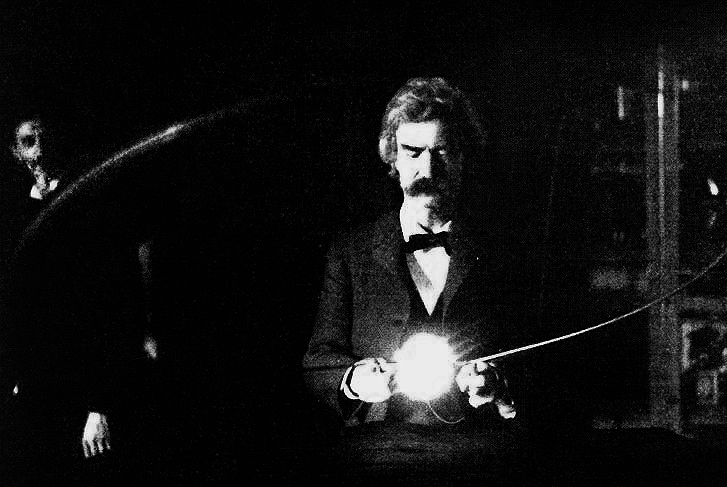
Before the impending arrival of Halley’s comet that would coincide with his death, Twain would experience great success within his own lifetime. His international lecturing tours (that he personally disliked due to few appropriate smoking times) clad in his famous white suit, made him an international celebrity, and one of the most beloved and respected authors. Through the haze of his childhood memories in the American south, Twain preserved a glimpse into a way of life that was disappearing from his time of writing, as quickly as the wisps of smoke form his cigars. With the turn of the century and the industrialization of the south, Twain became an embodiment of a lost southern Americana spirit that was critical and socially progressive. In regards to his literary legacy, the contemporary William Faulkner would call him “the father of American literature” and Hemingway would declare Huckleberry Finn “the great American novel”. As sure as one may be of the return of Halley’s comet, we can be sure that whenever we pick up Twain’s books, we are in fact interacting with his timeless tobacco induced insights.
Read the next part of our series on Groucho Marx. Preview:
In the 3rd part of the series that started with Winston Churchill and Mark Twain, this installment looks into the cigar passion of legendary and highly influential Comedian Groucho Marx. continue reading
——————————————————————————————————————–
In conjunction with our great men series, we are proud to introduce this t-shirt available on our online shop, featuring the silhouettes of Churchill, Einstein, Twain, Marx, and Hitchcock. Pick one up on www.FourteenNinetyTwo.com

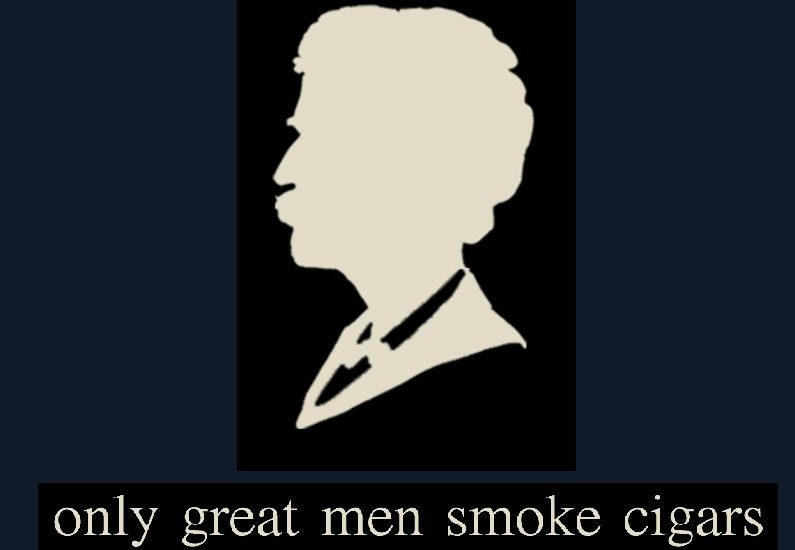

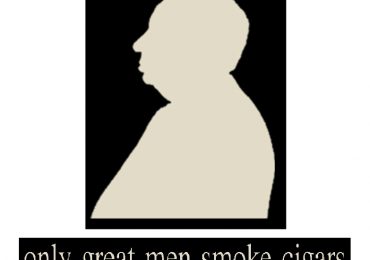
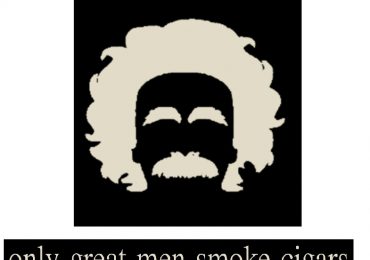
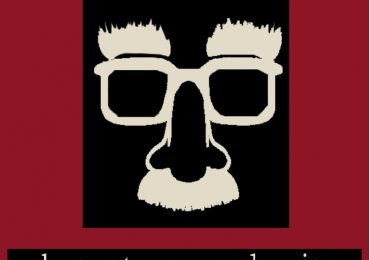
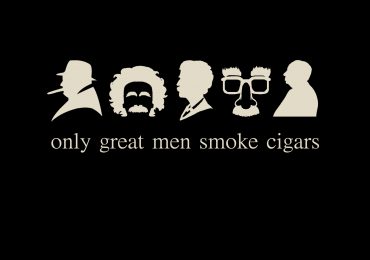

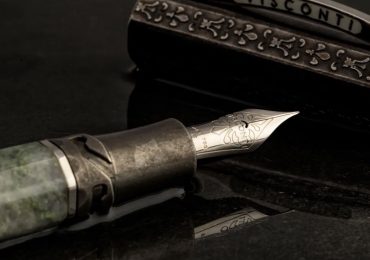



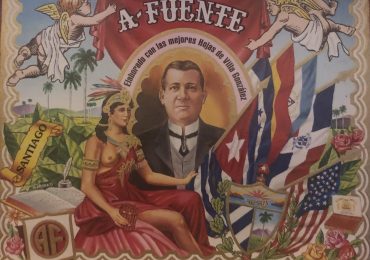
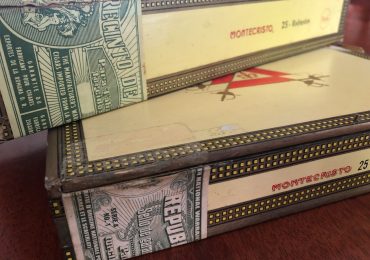

[…] Read Part 2 of the Only Great Mean Smoke Cigars series. Preview: […]